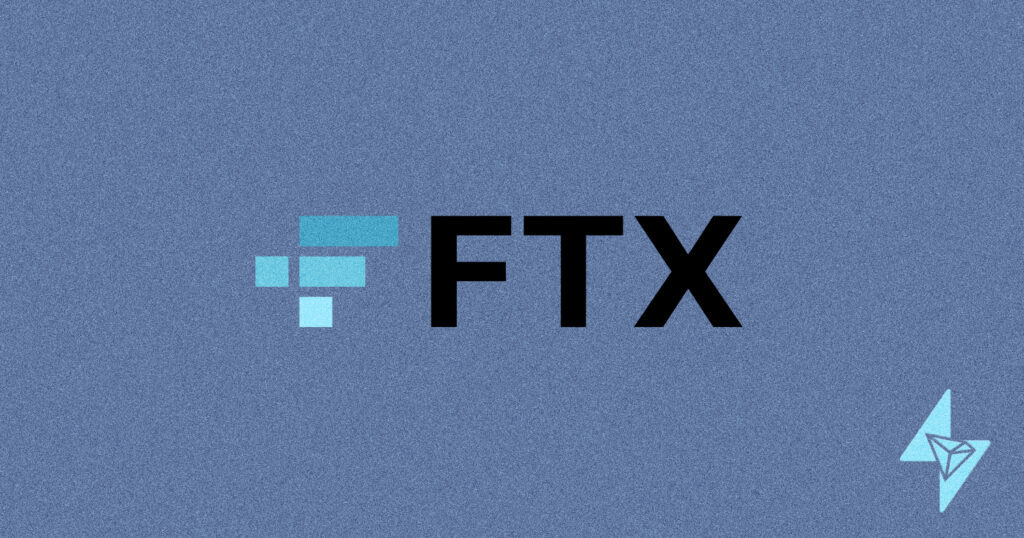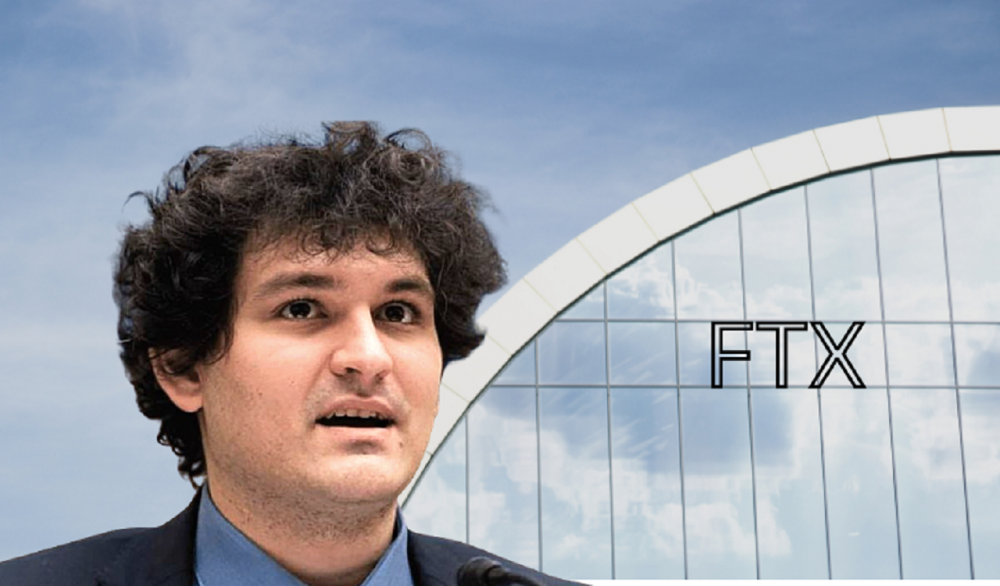The FTX founder blew into the island nation with promises of prosperity and philanthropy. After allegations that customer deposits were used to fuel risky crypto trading, Sam Bankman-Fried’s (SBF) empire collapsed. Now the Bahamas are shaken by these scandals.
SBF promised paradise to the Bahamas with FTX!
For Bahamian FTX employees, working for the crypto giant was a dream job. Many have doubled their salaries. He began eating steak buffet daily and riding a number of BMWs and Jeeps. Even their food was often paid for. Their messy CEO, Sam Bankman-Fried, had adopted the Bahamas as his home. He also poured money into his people, courting both government officials and local residents. And the crypto industry took a hit this spring that slashed the price of Bitcoin and swept large corporations. Even so, Bankman-Fried stated that FTX will continue to grow as others lay off.
This message, like other things Bankman-Fried said, was not true. Some Bahamian FTX workers have seen cracks appear firsthand this summer. FTX laid off more than a dozen employees at its Bahamas office in June. However, four days ago, FTX was offering BlockFi a $250 million loan. BlockFi is now preparing to file for bankruptcy, citing ‘significant exposure’ to FTX.

A big stranger comes to the small town and then…
Local residents and Bahamian workers watched the $32 billion company rise. However, they seemed unaware that FTX was sinking into debt. They also did not know that he had sent billions of dollars in client deposits to Alameda Research, its trading arm, to use for risky investments. And unlike the company’s nearly one million creditors, initially few Bahamians were willing to invest their money in FTX. Instead, residents of what Bankman-Fried is trying to turn cryptocurrency into their own Silicon Valley have been hurt by yet another high-profile scandal that occurred in their backyards. Fyre Festival is still a new memory.
A current FTX employee in Bahama, who asked not to be identified for fear of retaliation, said: “It’s all very complicated. Because this has happened several times in the Bahamas. Big aliens are coming into the small town and we’re taking these big things. Then there is a bk show”.

They were generous in spending other people’s money!
FTX’s headquarters and residences are located on the 21-mile-long island. So many people know someone who works or uses FTX. Part of Bankman-Fried’s appeal was donations of more than $10 million, which the company says has made to community groups in 2021 alone. According to one restaurateur, local restaurants made a profit of about $100,000 per week on FTX’s catering services, which is usually food that is donated later.
But charitable acts can be seen in retrospect as another misuse of allegedly misused billions. At a time when Bankman-Fried and his lieutenants spent $69 million on lobbying for Washington lawmakers and an estimated $375 million on marketing deals with pro-sport teams, they were spending just as generously in the Bahamas.
Bankman-Fried spent more than $120 million on luxury real estate, including a penthouse at the exclusive Albany Resort, where his parents and FTX executives, he and a group of employees reportedly lived and dated. Bankman-Fried is said to own a 7,500-square-foot campus atop a building known as ‘The Orchid’.
Now, the staff is locked into company headquarters and contemplating their life without FTX. Some employees say liquidators contacted them. However, they said their efforts to reach out to Valdez K. Russell, FTX’s VP of communications and corporate social responsibility, as their local contact point, were unsuccessful. The only other information came from Bankman-Fried’s Twitter account. Many of these caused more questions for local residents about the fate of the company. It also sparked new outrage over the uncertainty of their situation.

FTX and Bahamas enriching each other
Like the tourism industry, which has long dominated its economy and accounts for roughly 50% of its $5.7 billion gross domestic product, cryptocurrency would become a state-sanctioned part of the Bahamas’ national identity. In 2020, the country even launched its own digital currency, the Sand Dollar. Meanwhile, the Sand Dollar is a CBDC, not a cryptocurrency.
Part of what brought Bankman-Fried to the Bahamas last September was a sweeping crypto law called the Digital Assets and Registered Exchanges (DARE) Act. The law, passed by the Bahamian parliament in December 2020 and enforced by the securities commission, provided a framework for regulating cryptocurrencies, exchanges, wallet services, and ICOs. The country’s willingness to undertake crypto and provide a legal sanctuary for companies like FTX was at the center of its appeal. “We were really impressed with the regulators and the government here,” Bankman-Fried said at the time.
And the timing was right. FTX was trying to relocate its headquarters from Hong-Kong after China criminalized crypto-related activities last year. FTX became the country’s first registered digital asset business in September 2021. But this government crypto initiative has also created ample avenues for FTX and the Bahamas to enrich each other. FTX laid the groundwork for a $60 million crypto complex last year. Meanwhile, Prime Minister Philip Davis hailed it as “a space to rival the Google campus.” The company has even partnered with the government on the Bahamas’ carbon credit issuance that it plans to sell on the FTX exchange in a market that McKinsey estimates could be worth $50 billion by the end of the decade.

Final: Who will hold this funeral?
As FTX goes through the bankruptcy process, the carbon credit scheme is no longer in question. Additionally, Bankman-Fried and Bahamian officials are arguing over who is responsible for moving millions of dollars from the stock market after withdrawals were frozen for most customers this month. In court filings, FTX accused Bahamian regulators of ‘granting unauthorized access’ to the exchange. The Bahamas Securities Commission disputed the claim, before saying it had ordered FTX digital assets to be transferred to an agency-controlled wallet ‘for security purposes’.
cryptocoin.com As you follow, FTX suffered a hack on November 10. The hacker stole more than $400 million worth of tokens from customer wallets in this attack. After that, the Bahamian government used crypto infrastructure firm Fireblocks to secure the remaining funds. Bahamian officials are also arguing with US regulators over the jurisdiction of FTX’s bankruptcy proceedings filed in a Delaware court.







